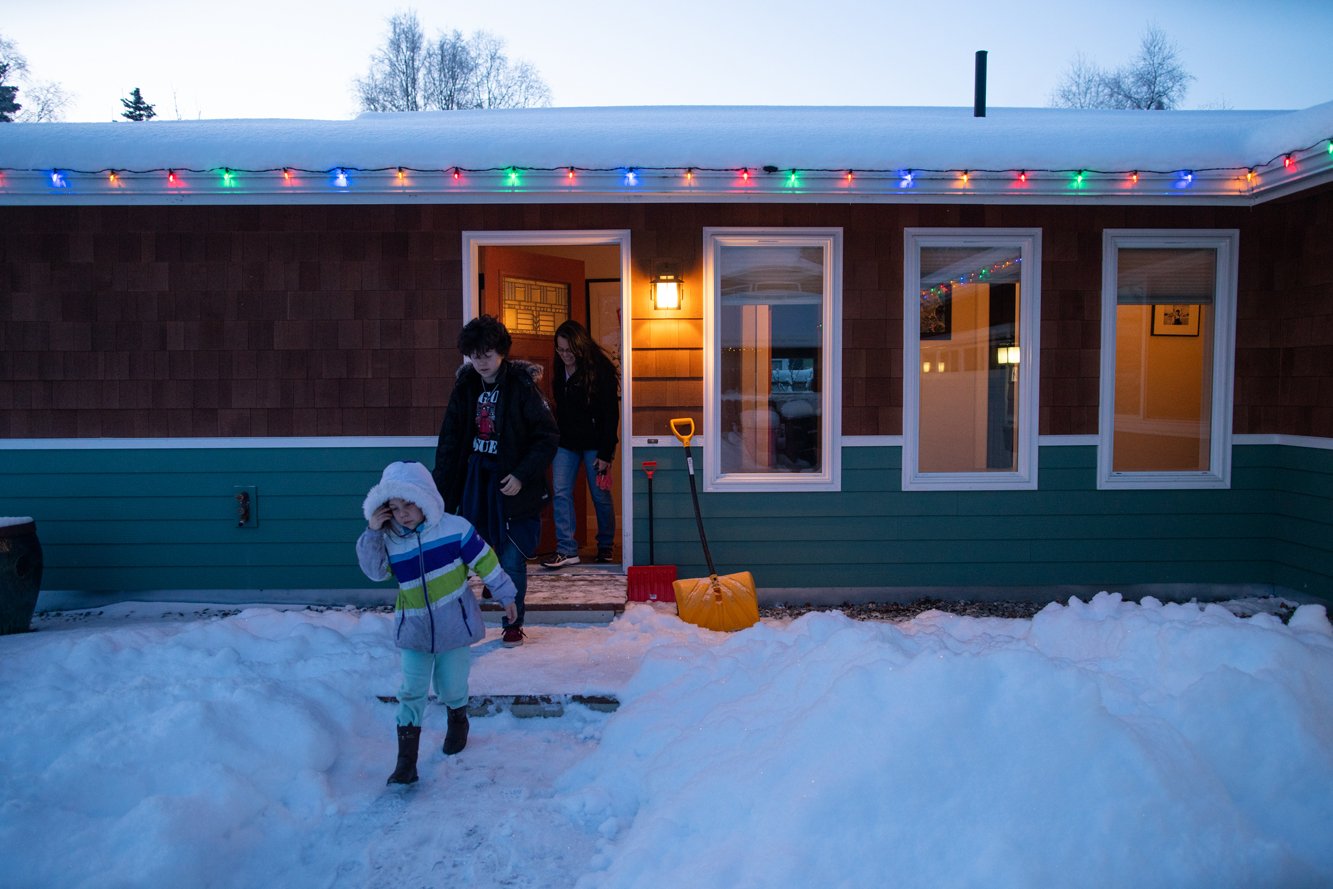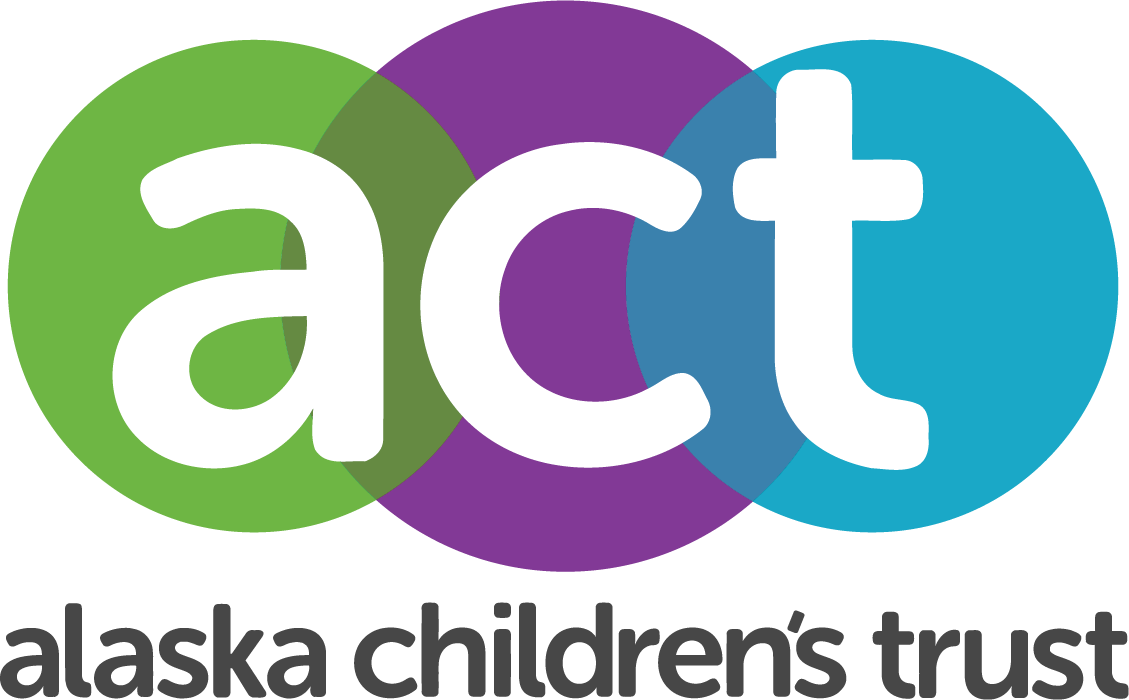
OUR WORK
Adverse & Positive Childhood Experiences
The experiences we have as children impact our lifelong well-being. Early experiences have a broader and more profound impact than previously understood.

HOPE (Healthy Outcomes from Positive Childhood Experiences) is a training on adverse and positive childhood experiences that can help every Alaskan better understand how to support children and youth’s growth and development into healthy adults.
HOPE
HEALTHY OUTCOMES from POSITIVE EXPERIENCES
HOPE is a new way of seeing and talking about the positive experiences that support children’s growth and development into healthy, resilient adults.
Developed by Tufts Medical Center, the Introduction to HOPE training introduces audiences to the benefits of positive childhood experiences (PCEs) and sparks conversation on how our communities and systems of care can ensure equitable access to PCEs and support families’ strengths.
Introduction to HOPE is perfect for any group seeking to learn more about how PCEs drive healthy development and how to incorporate a HOPE-informed approach to working with children, families, and communities.
HOPE categorizes PCEs into four building blocks.
In Introduction to HOPE, you’ll learn more about how your community can promote equitable access to these foundational opportunities and experiences.
Relationships within the family and with other children and adults through interpersonal activities.
Safe, equitable, stable environments for living, playing, and learning at home and in school.
Social and civic engagement to develop a sense of belonging and connectedness.
Emotional growth through playing and interacting with peers for self-awareness and self-regulation.
You can also learn more about the Four Building Blocks of HOPE here or browse the HOPE National Resource Center’s library of resources.
What are ACEs?
Adverse childhood experiences are the negative things that happen to you or around you growing up. While some exposure to adversity is necessary for healthy development, sustained adversity without supportive relationships can led to toxic stress and long-term health issues.
These experiences can include things like physical and emotional abuse, neglect, and household violence. Adults who experienced 4 or more ACEs are:
12x more likely to commit suicide
3x more likely to be unable to work
2x more likely to have heart disease, stroke, cancer, or diabetes
What are PCEs?
Positive childhood experiences are the positive things that happen to you or around you growing up. These experiences help children feel belonging and security and encourage healthy social and emotional development.
These experiences can include having additional supportive adults outside of your household, participating in community or cultural traditions, and felt safe and protected by an adult in your home.
Adults with 6-7 PCEs:
had a 72% less chance of having depression/ poor mental health compared with adults with 0-2 PCEs
Adults who reported 4 or more ACEs were profoundly affected by PCEs: their risk of depression or poor mental health dropped from nearly 60%, among those who recalled two or fewer positive experiences, to 21% in those who had at least six.
Despite the statistics, it is important to know that adversity during childhood doesn’t equate with destiny.
With positive social support and intentional healing work, the impacts of a turbulent childhood can be mitigated, and the cycle of trauma can be stopped.
What People Are Saying About ACT’s Trainings
“I liked the references to Alaska Native culture and practices. I especially liked the quotes from Dr. Blumenstein, “When we heal ourselves, we heal our ancestors.”
— training participant
“Learning that the brain can be healed and *wants* to be healed after trauma was so impactful. It gave me hope that people who have had stressful/ traumatic lives can be healed”
— training participant

